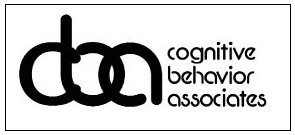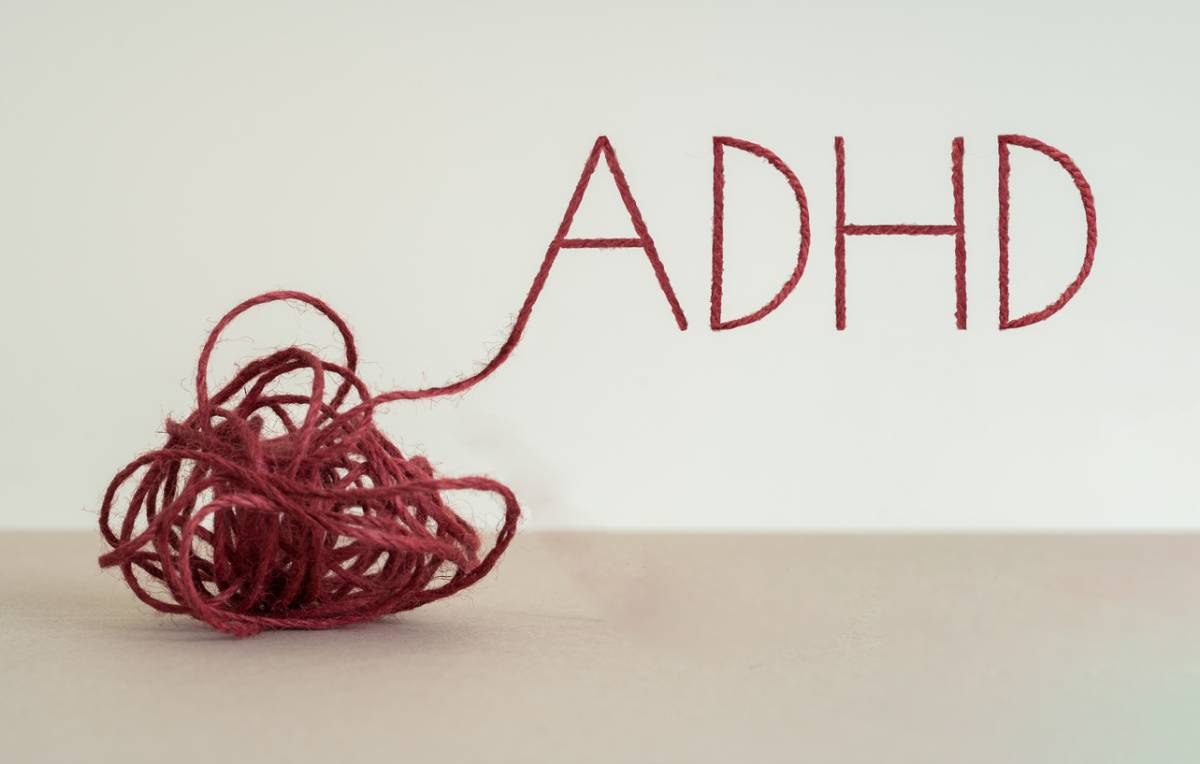Attention-deficit/hyperactivity disorder (ADHD) impacts millions of people in the United States. It is a neurodevelopmental condition that poses unique challenges for those who have the condition. It is characterized by persistent patterns of inattention, hyperactivity, and impulsivity. Also, it is often diagnosed during childhood, but it can also be diagnosed during adulthood. The impact of the condition is vast. It can impact personal and professional relationships and pose serious issues in academic settings. An effective treatment option for ADHD is cognitive behavioral therapy. Below you will find a patient’s guide to cognitive behavior therapy for ADHD.
Patient’s Guide to Cognitive Behavior Therapy for ADHD
Cognitive behavioral therapy (CBT) works as a short-term therapy model. It functions as a practical therapy model that looks at the patient’s thoughts, emotions, and behaviors. It specifically examines the ways those things are shaped by one’s preconceived ideas and surrounding environment. CBT focuses on providing patients with the skills to recognize negative thought patterns. From there, patients can construct new and rational thought patterns. This therapeutic method has been proven to be beneficial for those with ADHD.
Benefits of Cognitive Behavioral Therapy for Individuals with ADHD
The nature of ADHD can pose significant issues when it comes to your daily life. This can impact your personal relationships, professional career, and your ability to complete daily tasks. Consider the following ways CBT can improve symptoms of ADHD among those with the condition.
Time Management:
Those with ADHD often struggle with organization, planning, and time management. CBT has been shown to improve time management skills using effective strategies. This includes things like creating a schedule, identifying time wasters, and setting priorities in advance.
Emotional Regulation:
People with ADHD often experience frustration and stress. This is understandable due to the challenges that come with ADHD. Cognitive behavioral therapy in Los Angeles is effective in providing patients with effective coping mechanisms. This can include challenging your thoughts and delayed gratification.
Distraction Management:
A common theme among those with ADHD tends to appear as getting distracted. Distractions can make it difficult to accomplish tasks both at work and at home. CBT is highly effective in helping individuals identify their distractions. It can also help with techniques to maintain focus.
Behavior Changes:
People with ADHD can develop problematic patterns and behaviors. This can lead to bad habits that can exacerbate issues caused by ADHD. CBT is effective in creating positive and productive behavior changes. This includes task-based rewards and point systems. Both reinforce positive habits through rewards.
Improved Self-Esteem:
People with ADHD can suffer from negative thought patterns. This can result in negative perceptions of oneself. Over time this can negatively impact one’s self-esteem and confidence. CBT can replace negative thought patterns with more productive ones. This will ultimately result in increased self-esteem, which will have a positive impact on your life.
Adult ADHD Treatment
ADHD tends to fit into three main categories: inattention, hyperactivity, and impulsivity. Each poses unique issues that can impact your professional, personal, and daily life in a number of different ways. The great thing is that all of these can be effectively managed through CBT. Finding effective ways to manage the condition is key. Therapy is a great starting point for improving the condition.
If you experience any of the symptoms associated with ADHD, consider consulting with a therapist skilled in CBT. They can diagnose you and create a customized treatment plan based on your unique needs. Adult ADHD treatment is often short-term, and patients report improvements in their daily life. Avoid waiting and contact a therapist at cognitive behavior associates today to schedule your first appointment!

